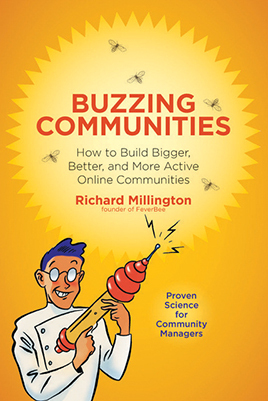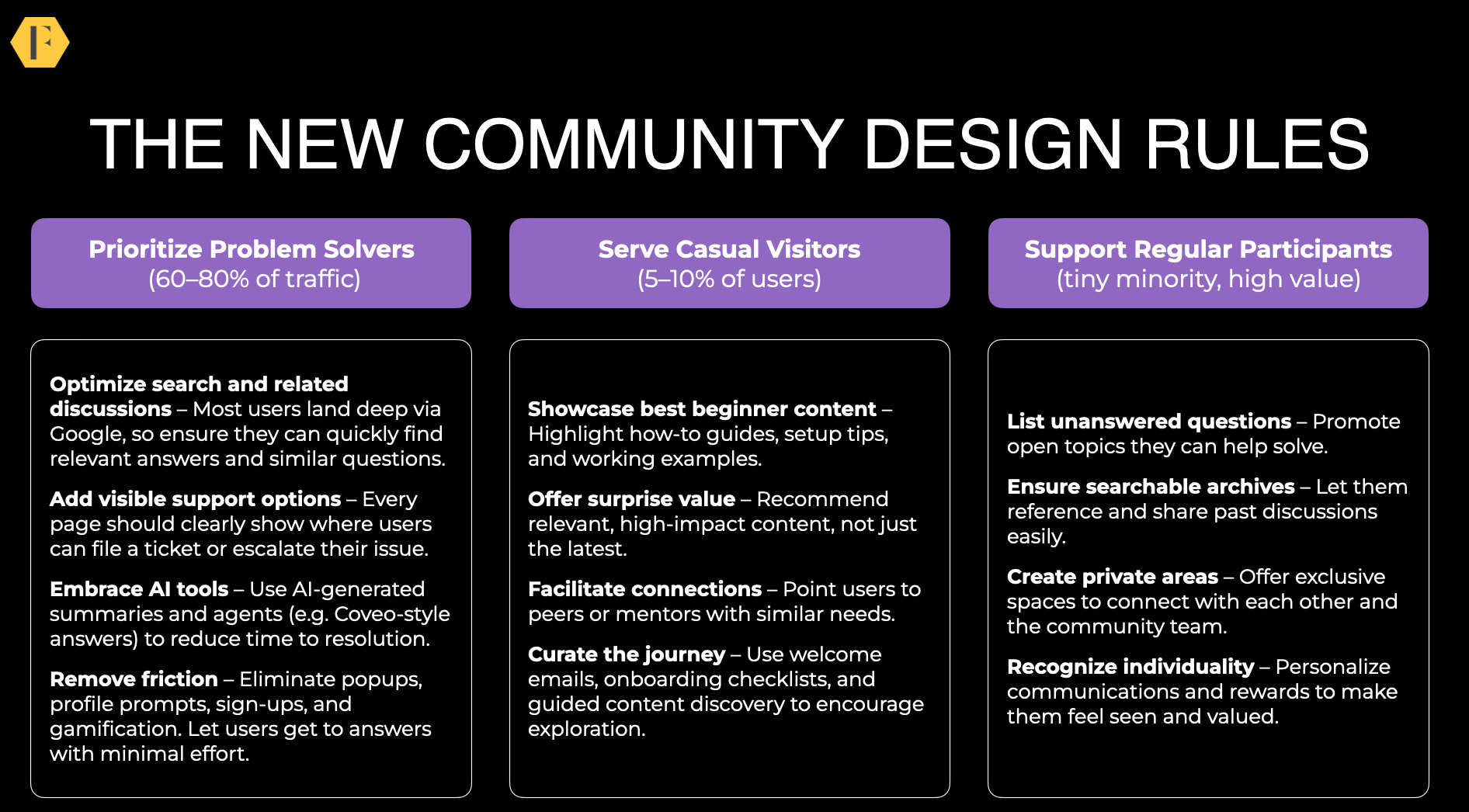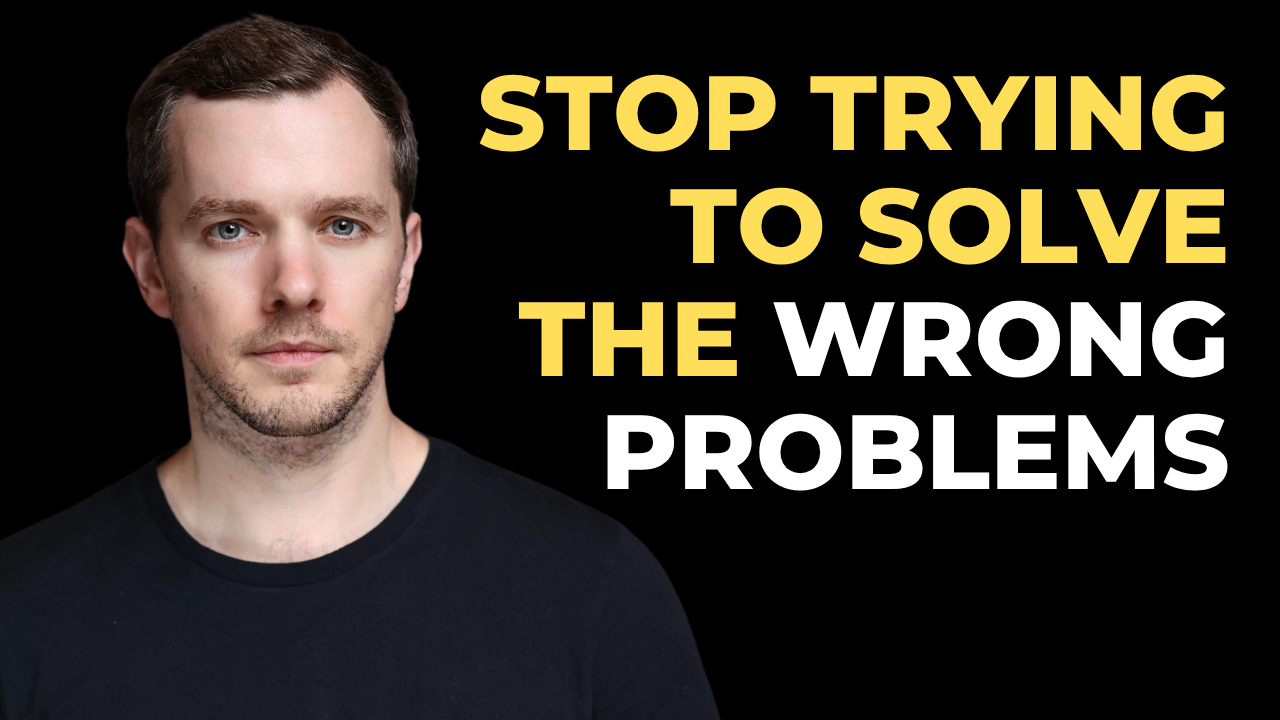David Wilson at Social Media Optimization earlier this month wrote about the growth of niche social-networks.
The problem with Facebook, MySpace and most of the social networks we’ve heard about is they’re too big. There is no ‘social object’ which draws people to the site. These sites are popular for just that reason, because they are popular.
Much growth then is coming from niche social networking groups. Groups with a focus in mind. David cites Smooth.com for Wine Connoisseurs, Don’tStayIn.com for clubbers and Divorce360.com for divorcees. The benefits of these groups is getting the right people to speak to. He also noted in a seperate post the success of Redherring – a social network for restaurant ‘insiders’.
But how niche can niche social networks go? Will we start seeing groups divided by geographics? Here for example, a Cheltenham social networking group? The other issue, is that Facebook and other major social networks already offer users the ability to create their own interest sub-groups.
The challenge for marketers then is to pick a route and see it through. A Facebook group is the easier of the two to launch. Simply start the group, invite friends and watch the ripples spread. The problem is you have far less control of these Facebook groups. You can’t search for advertisers nor make any major changes to the format or structure of the group.
The alternative is to launch your own social network. The main challenge, of course, is creating one. Creating a new social social incurs the typical web-development barriers to entry. Once created, and presumably to a good standard – which itself is no easy feat – the challenge becomes getting people to register for it. This can prove especially tricky when many of the users you need are already registered on Facebook, MySpace, or LinkedIn.
The Niche social networking model also suffers from sustainability issues – there’s only so many niche social networks a single perhaps can actively follow. Facebook offers all the groups in one place, niche social networks (barring the rapid spread of the OpenSocial concept) do not. The flip side is that you might attract exactly the people you want, your most dedicated an evangelical followers.





